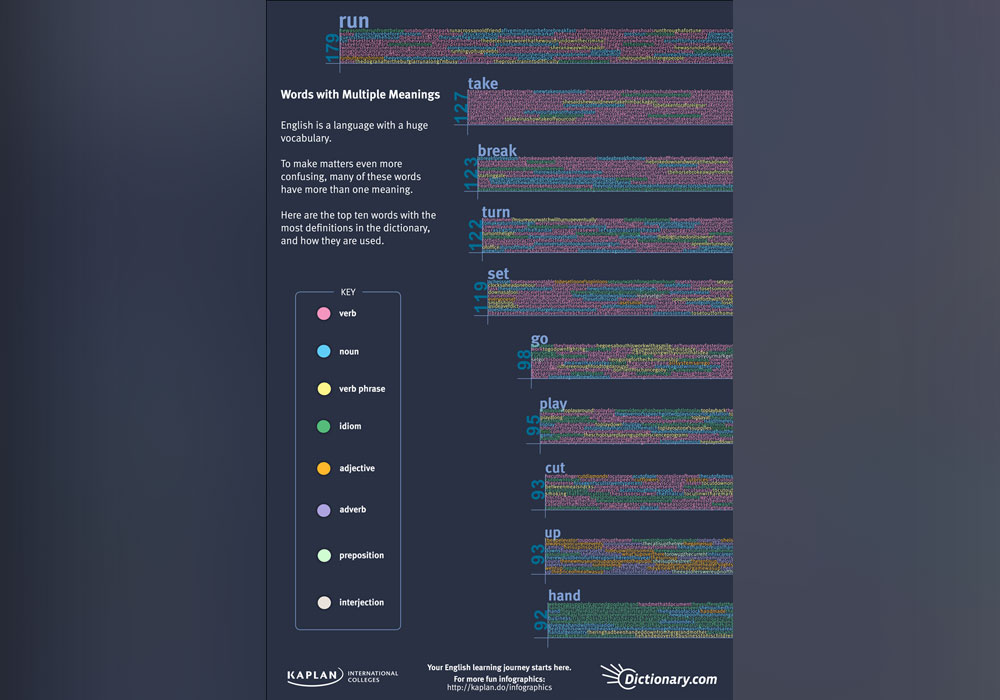Lexical Investigations: Outlier
Outlier was such a useful and long-established term that, in 1865, geologists coined inlier, so that they could have a contrasting word with the opposite meaning. So why has inlier fallen into disuse today? Maybe it’s because people and things that exist outside the mainstream are inherently more interesting, and therefore are more talked about. Today, outlier can refer to a political maverick, a musical prodigy, …



